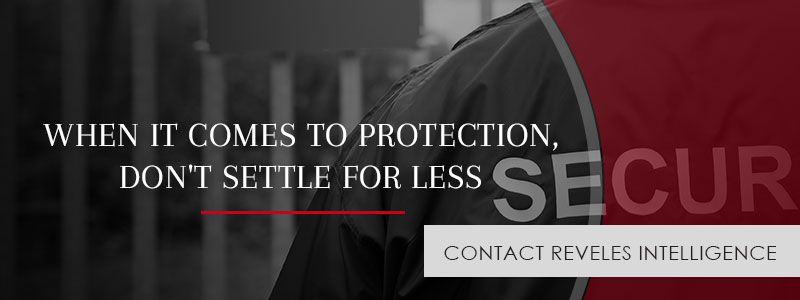What Is Cyberstalking?
Cyberstalking is online stalking, but this type of stalking can take many different forms. Essentially, though, it is the repeated use of the internet or other electronic means to harass, intimate, or frighten a person or group of people. This can look like false accusations, monitoring of your activity or location, identity theft, data destruction, and more.
If you are a prominent cultural figure, politician, athlete, or executive, you will have a different relationship with people online. While online engagement is key to growing your brand or fan base, there can be a fine line between “super fan” and “cyberstalking.” While most super fans shouldn’t be considered a threat, there is a danger when fans or supports move into a more obsessive and compulsive territory.
How To Protect Yourself
There are ways to protect yourself, your devices, and your loved ones from cyberstalking. Here are a few tips:
- Be careful about who you allow to have physical access to your computer, tablet, smartphone, and other web-enabled devices. Don’t leave your laptop on a table while you go to the restroom or let someone troubleshoot something on your devices. Cyberstalkers can use software and hardware devices to monitor their victims, including attaching hardware to the back of your PC without you even knowing it’s there.
- Always log out of all of your programs when you step away from your computer and use a strong password. Use a strong password for your cell phone, and help others around you to do so as well.
- Make calendars and itineraries private, even on your social media. If someone is cyberstalking you, you don’t want to let them know where you are and what events you’re planning on attending.
- Utilize privacy settings on all online accounts, especially social media. A lot of your private information is often displayed there, including where you work and live. You can, and should, opt out of having your profile appear when someone searches for your name.
- Turn off location services in the metadata of your photo. The metadata contains a lot of information, such as where and when it was taken, what device it was taken on, and other private information. You can turn this off in your phone’s settings.
- Be aware of your online presence. Google yourself. See how many images there are of you and whether there is sensitive information online.
- Hide your IP address using a VPN. Your IP address is directly tied to your personal data, such as your internet bill, your home, and the credit card you use to pay that bill. A VPN can mask that IP address to keep your data safe.
Reveles Intelligence Group – Close Protection
If you’re concerned about your safety, you may want to hire close protection. At Reveles Intelligence Group, our mission in everything we do is safety, security, and professionalism. We are a member of the United States Association of Professional Investigators, the Texas Association of Licensed Investigators, and the Better Business Bureau. If you’re in need of close protection or security services, contact us.


